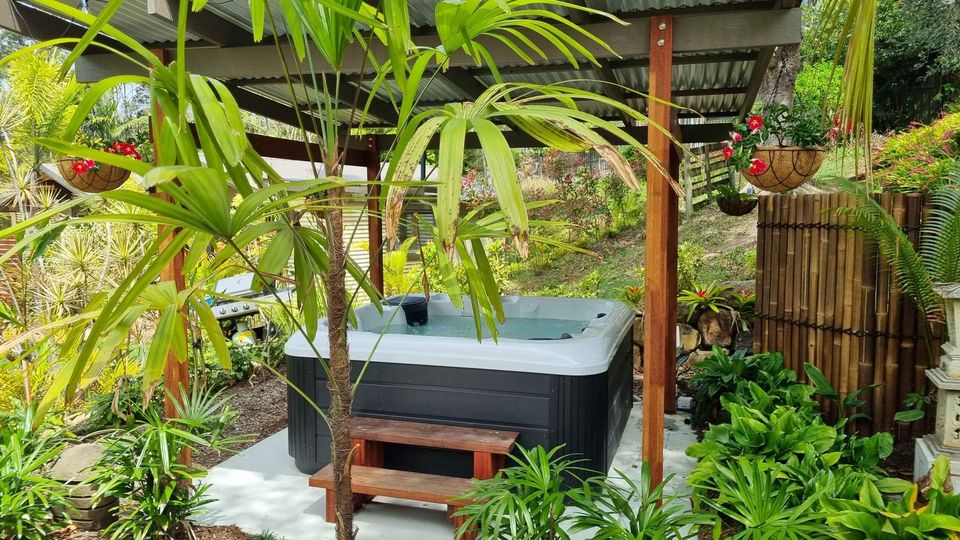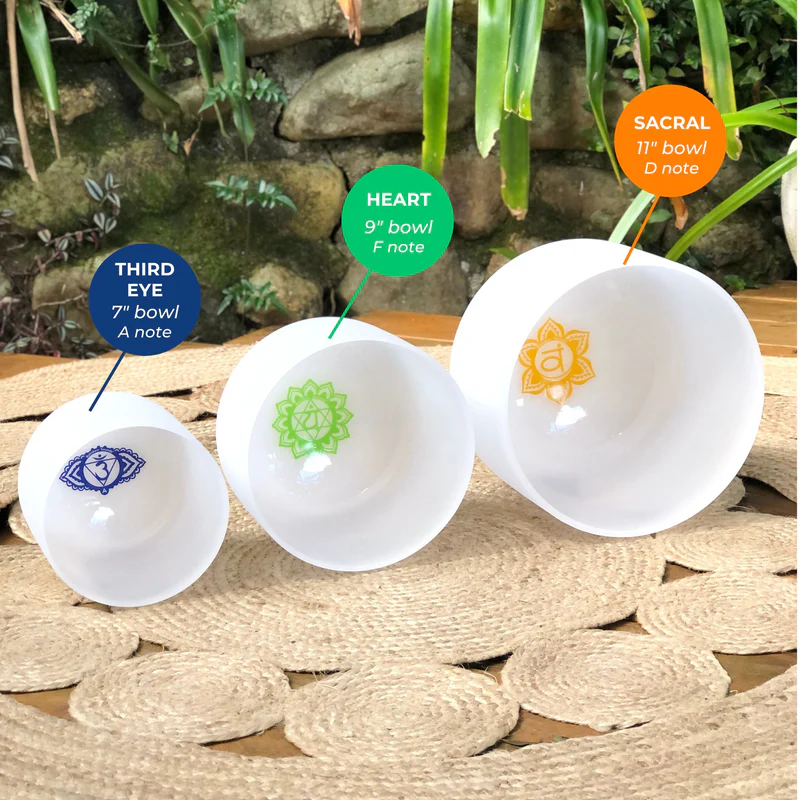Introduction to
In recent years, the pursuit of holistic wellness has led many to explore alternative therapies that promote relaxation and physical well-being. One such method gaining attention is magnesium spa bath therapy. This practice, which involves the use of magnesium-enriched water, is believed to offer a range of health benefits, from alleviating muscle tension to enhancing skin health. As more individuals seek natural remedies to complement their lifestyle, understanding the science behind magnesium’s therapeutic properties and its application in spa settings is essential. This article delves into the fundamentals of magnesium spa bath therapy, examining its benefits, the mechanisms at play, and what to expect when experiencing this increasingly popular treatment.
Magnesium spa bath therapy offers a myriad of benefits for relaxation and recovery, primarily through its ability to aid muscular and mental relaxation. Research shows that magnesium is crucial for maintaining proper nerve function, muscle function, and energy production. Immersing oneself in magnesium-rich bath waters can enhance magnesium absorption through the skin, leading to reduced muscle tension and improved overall mood. The soothing warm water combined with magnesium can also improve blood circulation, which may assist in faster recovery from physical exertion and alleviate symptoms of stress and anxiety.
To maximize your magnesium spa bath experience, consider the following sources for your bath: magnesium chloride flakes, epsom salt (magnesium sulfate), and magnesium oil. Each of these kinds can be easily dissolved in warm water, allowing for effective absorption. For an optimal setup, ensure that you create a calm environment by dimming the lights, playing soft music, and incorporating aromatherapy with essential oils. Moreover, pay attention to your skin’s reaction; while magnesium is generally safe, some individuals may experience mild irritation. It’s wise to consult a healthcare professional if you have any skin conditions or health concerns before beginning magnesium bath therapy.
Q&A
Q&A on
Q1: What is magnesium spa bath therapy?
A1: Magnesium spa bath therapy involves soaking in warm water enriched with magnesium salts, such as Epsom salt or magnesium chloride. The therapy is believed to help the body absorb magnesium through the skin, promoting relaxation, muscle relief, and overall well-being.
Q2: What are the potential benefits of magnesium spa bath therapy?
A2: The potential benefits of magnesium spa bath therapy include reduced muscle tension, alleviation of stress, improved sleep quality, relief from joint pain, and enhanced skin health. Magnesium is also known for its role in various bodily functions, including nerve function and the regulation of muscle contractions.
Q3: How does magnesium absorption occur through the skin?
A3: The skin can absorb certain minerals, including magnesium, when they are dissolved in water. While research on transdermal absorption is ongoing, some studies suggest that soaking in magnesium-infused water can increase magnesium levels in the body, although this process may vary between individuals.
Q4: How often should one take magnesium spa baths for optimal benefit?
A4: The frequency of magnesium spa baths can vary depending on individual preferences and health conditions. Many practitioners recommend soaking 2-3 times a week for general wellness. However, individuals should consult with a healthcare provider to determine what frequency is suitable for their specific needs.
Q5: Are there any potential side effects or contraindications?
A5: Magnesium spa bath therapy is generally considered safe for most people. However, individuals with skin sensitivities, certain medical conditions, or those who are pregnant should consult with a healthcare professional before starting therapy. Overuse may lead to skin irritations or magnesium-related side effects, such as diarrhea.
Q6: How should one prepare for a magnesium spa bath?
A6: To prepare for a magnesium spa bath, one should fill a bathtub with warm water and add the recommended amount of magnesium salts, typically 1-2 cups for a standard bathtub. It is advised to soak for at least 15-30 minutes for optimal benefits. Creating a relaxing environment with dim lighting and soothing music can also enhance the experience.
Q7: Can magnesium spa bath therapy replace dietary magnesium intake?
A7: While magnesium spa baths may contribute to overall magnesium levels, they should not replace dietary sources of magnesium. Consuming magnesium-rich foods, such as leafy greens, nuts, seeds, and whole grains, is essential for maintaining adequate magnesium levels and supporting overall health.
Q8: Is magnesium spa bath therapy suitable for everyone?
A8: While many people can safely enjoy magnesium spa bath therapy, it may not be suitable for everyone. Individuals with certain health conditions, especially those related to kidney function, should consult with a healthcare provider before engaging in this therapy. It is always best to consider personal health circumstances and seek professional advice if uncertain.
Q9: Where can one find magnesium salts for spa baths?
A9: Magnesium salts, such as Epsom salt and magnesium chloride, can be found in health food stores, pharmacies, or online retailers. It’s important to choose high-quality products that are free from additives and impurities for the best therapeutic experience.
Q10: Can magnesium spa bath therapy be combined with other wellness practices?
A10: Yes, magnesium spa bath therapy can be effectively combined with other wellness practices such as aromatherapy, meditation, and yoga. This combination can enhance relaxation and well-being, making it an integral part of a holistic self-care routine.
Conclusion
magnesium spa bath therapy emerges as a promising holistic approach for promoting relaxation and overall well-being. With its potential benefits ranging from muscle relief to improved sleep quality, this therapy leverages the natural properties of magnesium to enhance the bathing experience. Whether you are dealing with physical discomfort, seeking a tranquil escape, or simply looking to enrich your self-care routine, incorporating magnesium into your spa baths may provide valuable therapeutic effects. As always, it is advisable to consult with a healthcare professional before beginning any new wellness regimen to ensure it aligns with your individual health needs. With the growing interest in alternative therapies, magnesium spa bath therapy stands out as a noteworthy option for those looking to harness the healing power of natural minerals.






